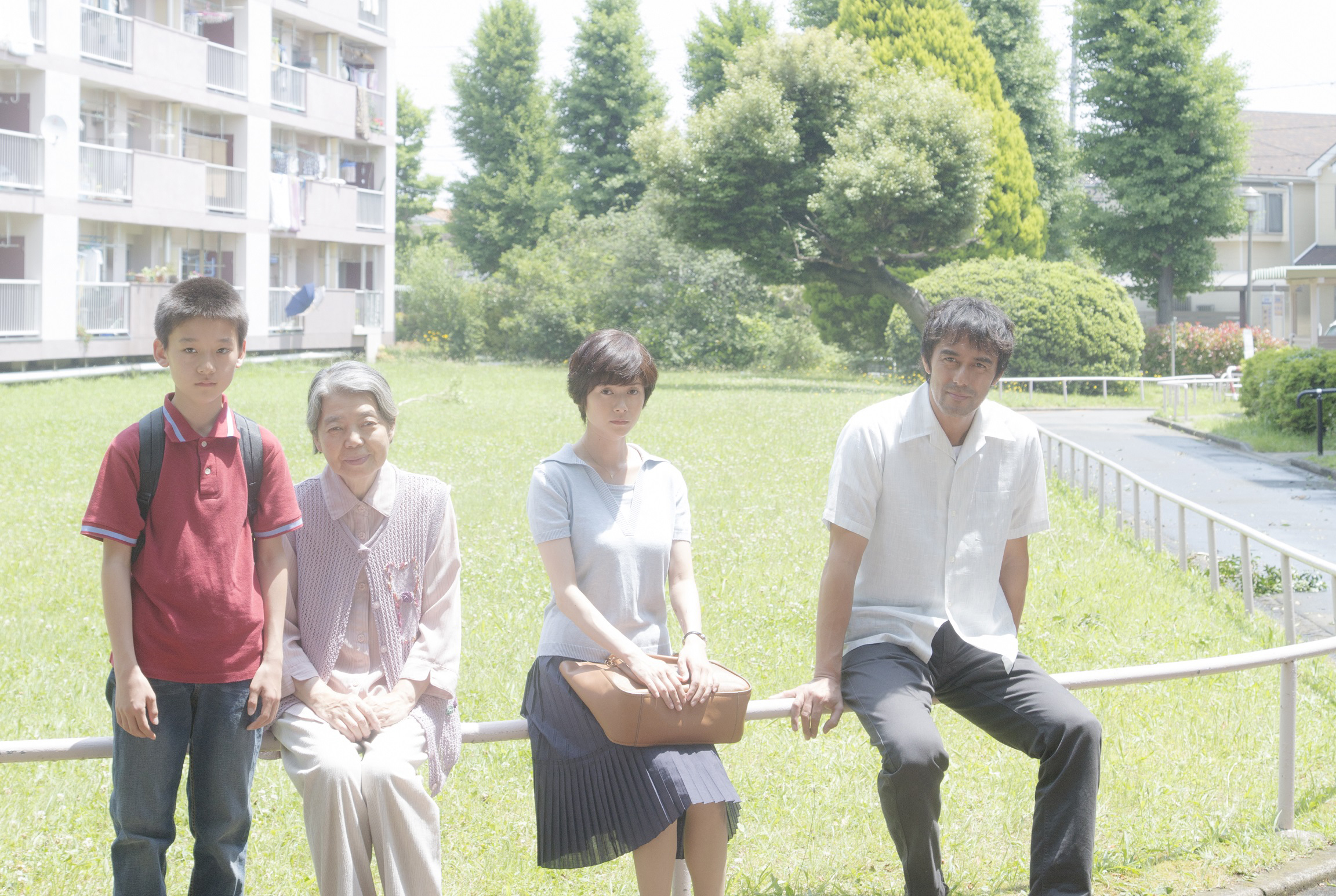Hirokazu Koreeda has a reputation abroad as the one director of his generation carrying on the humanist tradition of Japanese cinema's 1950s and '60s Golden Age. This is not totally off the mark — he often returns to that favorite Golden Age theme, family dissolution, but his take on it is quite different from that theme's most famous exponent, Yasujiro Ozu.
As Koreeda himself has often said in interviews, he appreciates being mentioned in the same breath as Ozu, but his true Golden Age inspiration is Mikio Naruse. Once dismissively labeled a "poor man's Ozu," Naruse has since been recognized as a master with a darker, more unsparing vision of contemporary Japanese society. Where Ozu's characters of the era were typically middle-class, Naruse's were often several rungs down the status and income ladder, with money a cause of worry, discord and rupture.
Ryota (Hiroshi Abe), the Narusian hero of Koreeda new film, "After the Storm," is a writer who won a literary prize 15 years ago but has since produced nothing. He has also fallen behind on child-support payments to ex-wife Kyoko (Yoko Maki), who is threatening to withdraw access to their 11-year-old son, Shingo (Taiyo Yoshizawa). Ryota works as a private detective, spying on people having affairs in the name of "research," but his gambling habit keeps him perpetually broke.



